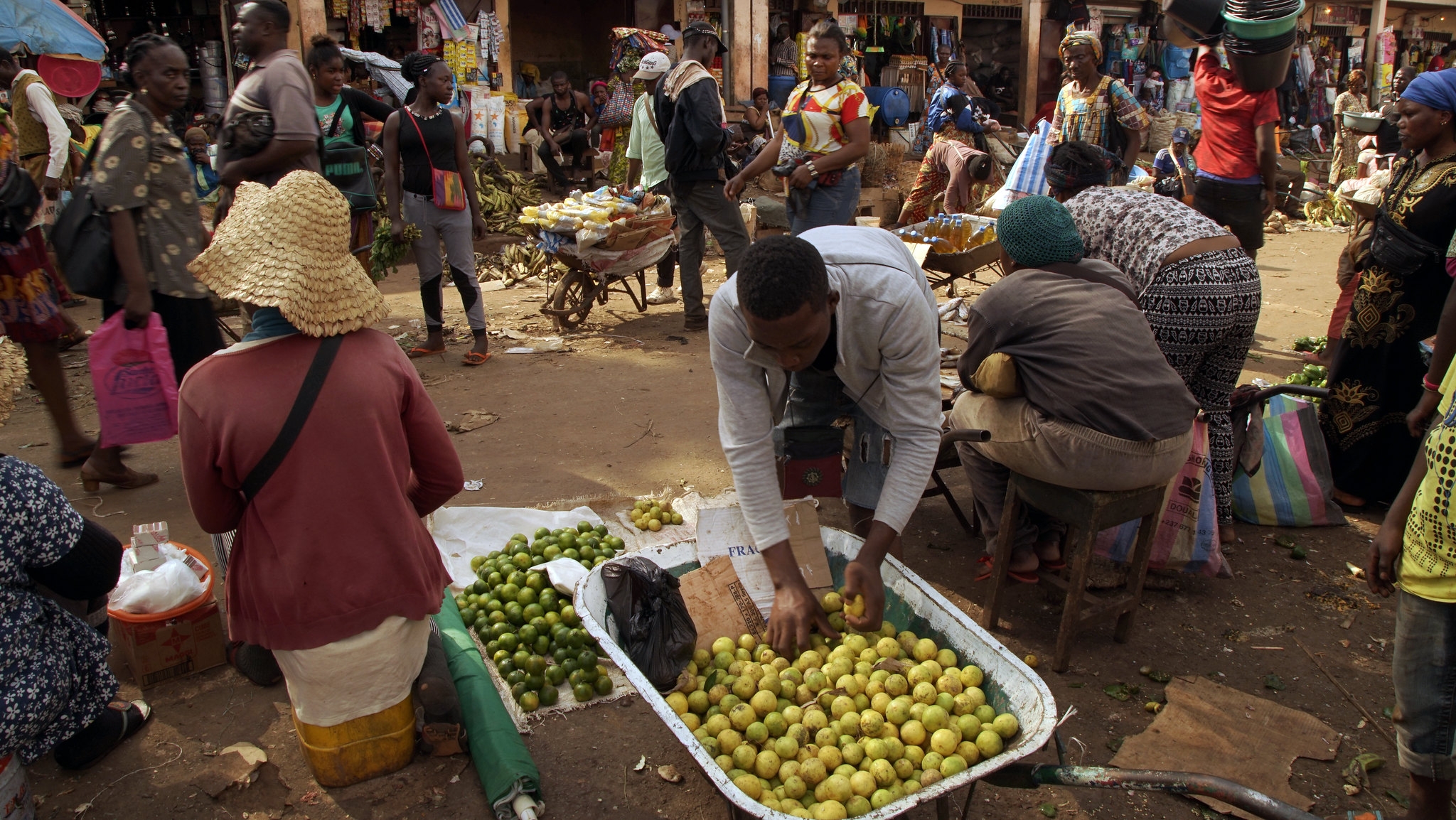
The project is aimed at increasing compliance with phytosanitary requirements for targeted products by improving surveillance and the management of scale insect pests, leading to improved production and market access for fresh fruit such as pawpaw, mango, avocado and citrus.
Learn more here.
Fresh fruit exports contribute significantly to the economic growth of East African countries. However, quarantine pests in these products hinder the growth of this sector.
The overall goal of this project is to enhance regional collaboration in managing scale insects by sharing pest reports of invasive species; improving cross-border inspection, regulations and practices; sharing pest interception reports; training to National Plant Protection Organization (NPPO) staff in Burundi, Kenya and Uganda to identify and monitor incursions; and using biological control as part of an integrated solution to produce safer produce, reduce pesticide residues and maintain trade.
Specifically, the project targets: in Kenya, the avocado mealybug, affecting the trade of fresh avocadoes to China, and the papaya mealybug, affecting internal trade through the loss of entire pawpaw orchards; in Uganda and Rwanda, the mango mealybug, which could cause crop failure (and spread eastwards); and across East Africa, the papaya mealybug, which affects the cultivation and yields of pawpaw, cassava, vegetables and other crops, as well as the citriculus mealybug, which affects citrus crops.
Train taxonomists, NPPO staff and extension officers to identify invasive scale insects
Train taxonomists, NPPO officers and extension officers on pest diagnostics, identification and management. Specific outputs include:
- Develop two training curriculums.
- Train 15 inspectors and taxonomists per country.
- Train 24 agriculture extension officers in Kenya, Uganda and Rwanda.
Strengthen the capacity of the NPPO to identify, survey and monitor invasive scale insects
- Develop and update surveillance and monitoring protocols.
- Conduct pest status surveys, delimiting surveys and reports on scale insect occurrence.
- Produce and update a checklist of scale insects for each country.
- Create a database of scale insects and associated organisms at the national, regional and global levels.
- Share information on invasive scale insect pests at the regional level.
- Update the pest information management system.
Enhance capacity to manage invasive scale insects at the farm level
This involves developing awareness and training materials on managing scale insects, certifying nurseries for the production of clean planting materials, and releasing biocontrol agents for papaya mealybug in Kenya and Uganda.
Specific outputs include developing awareness materials for at least 30 priority scale insects and management decision guides for 10 invasive scale insects; and publishing training curriculums and 10 nurseries to meet certification requirements.
Enhance stakeholder dialogue and apply a systems approach
A series of workshops are aimed at sensitizing and training stakeholders on the systems approach and biosecurity, enhancing linkages between the public and private sectors, creating broader awareness of the project’s findings and recommendations, and publishing proceedings of the final seminar and communication products.